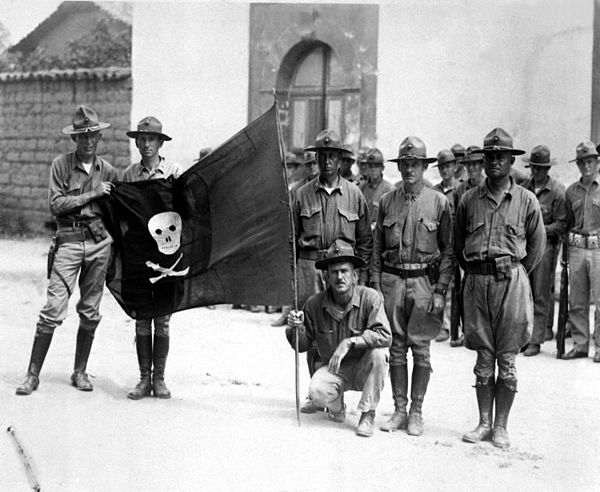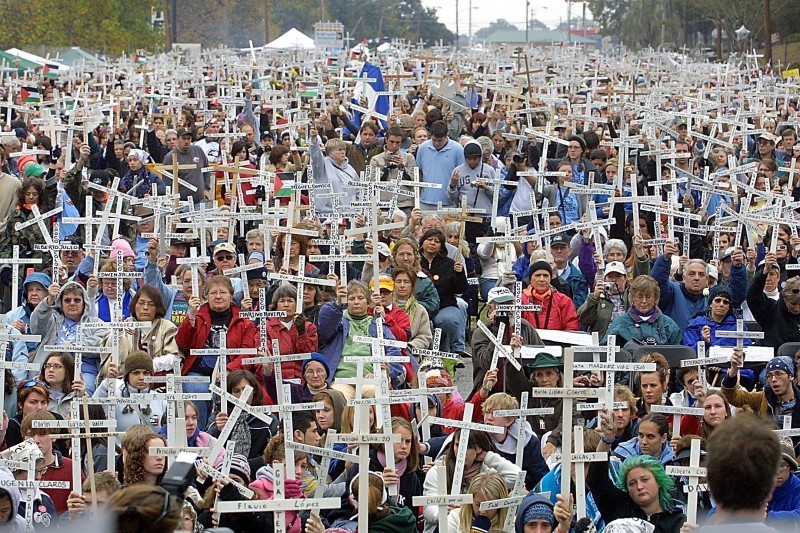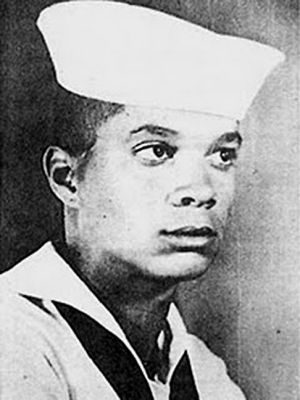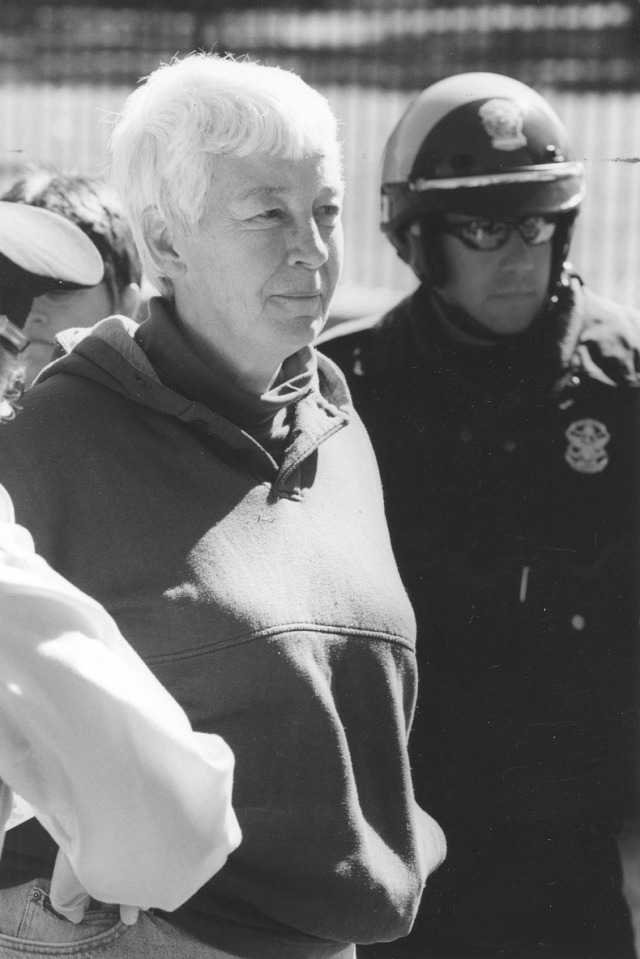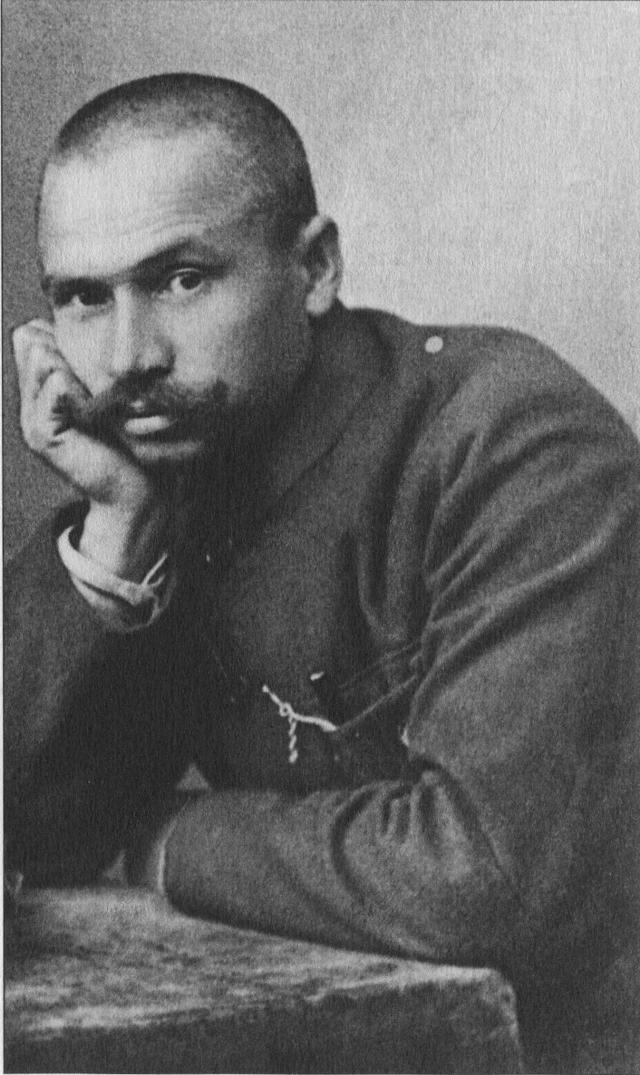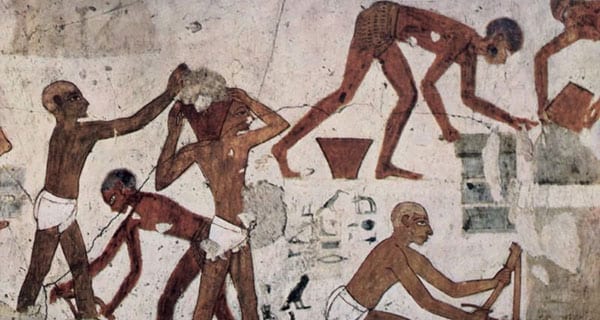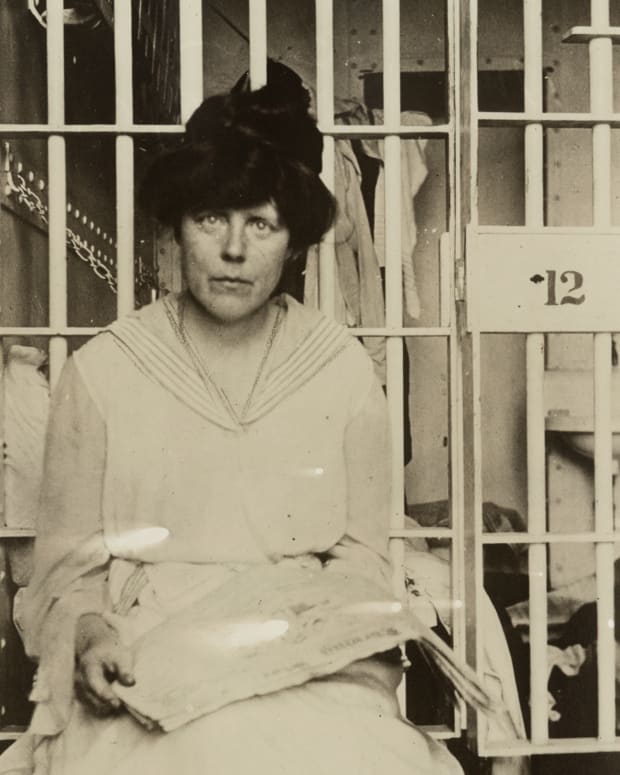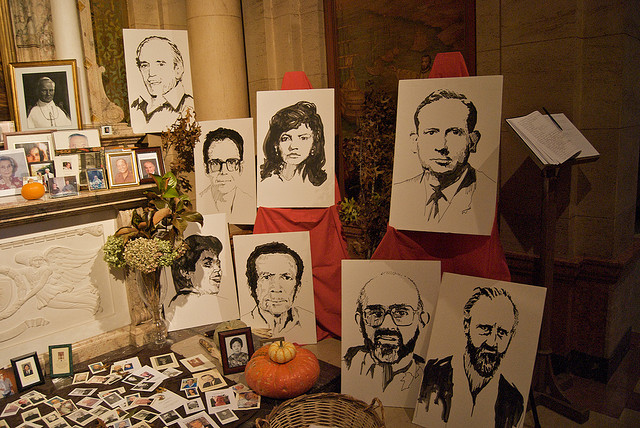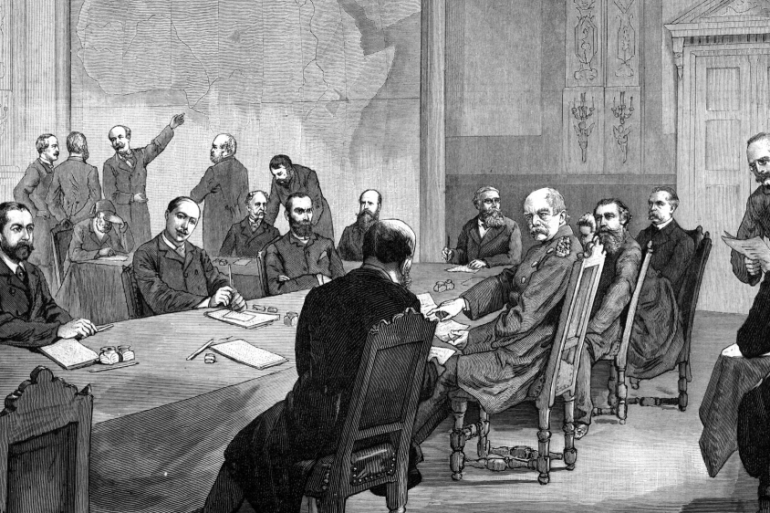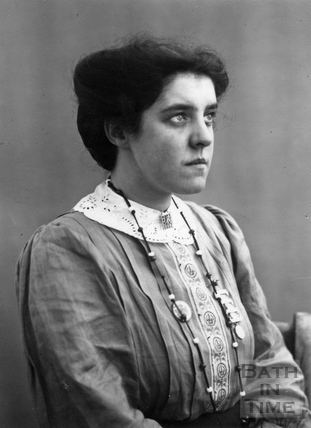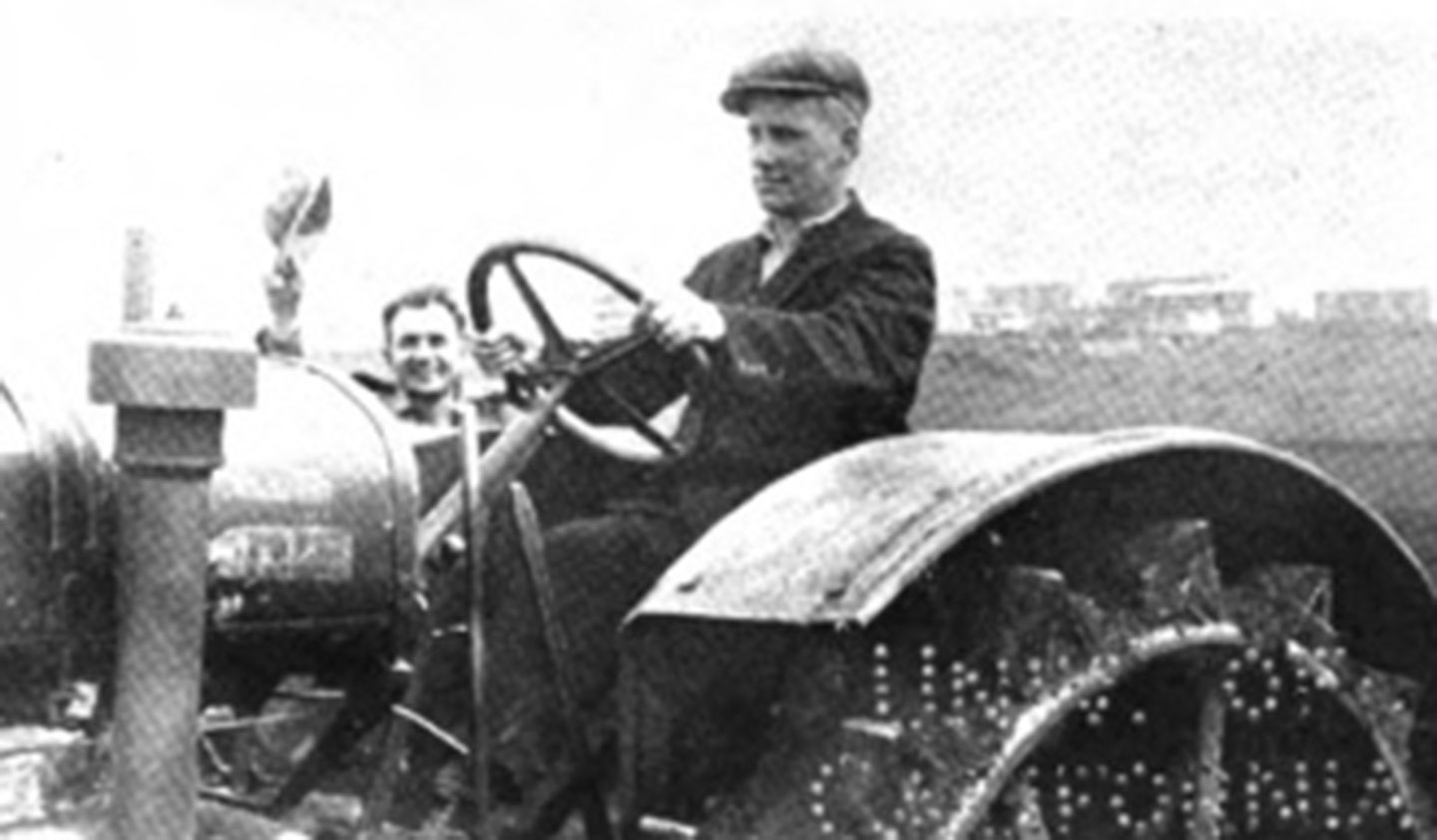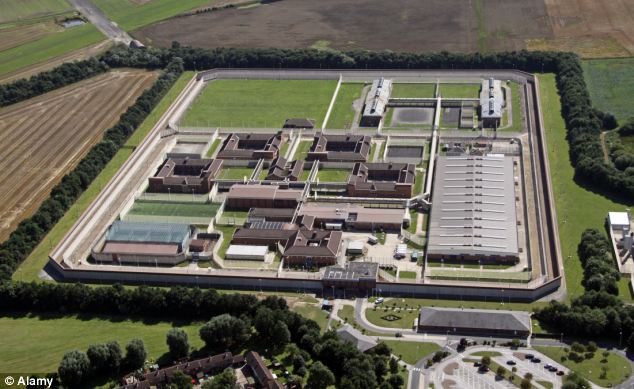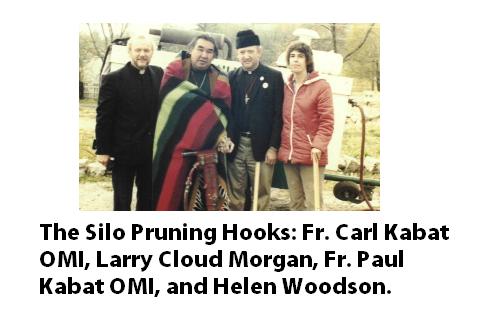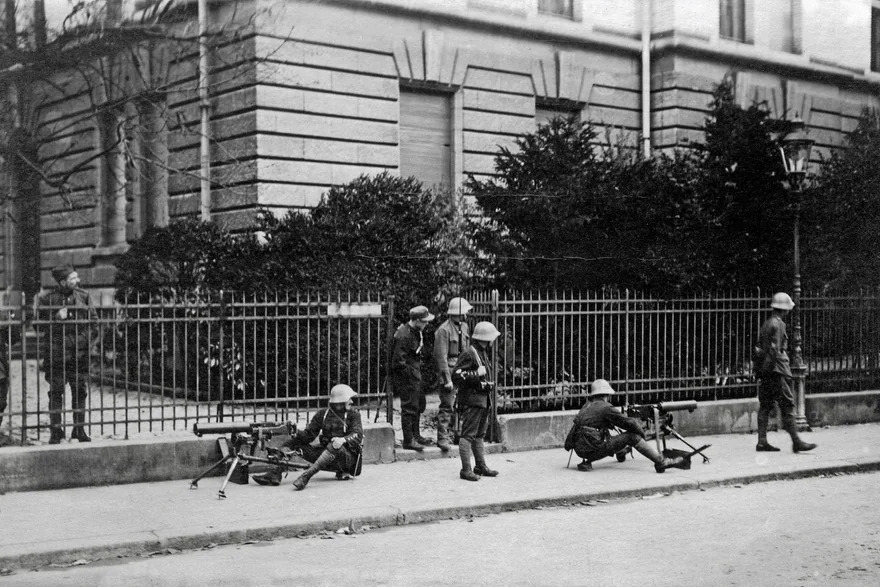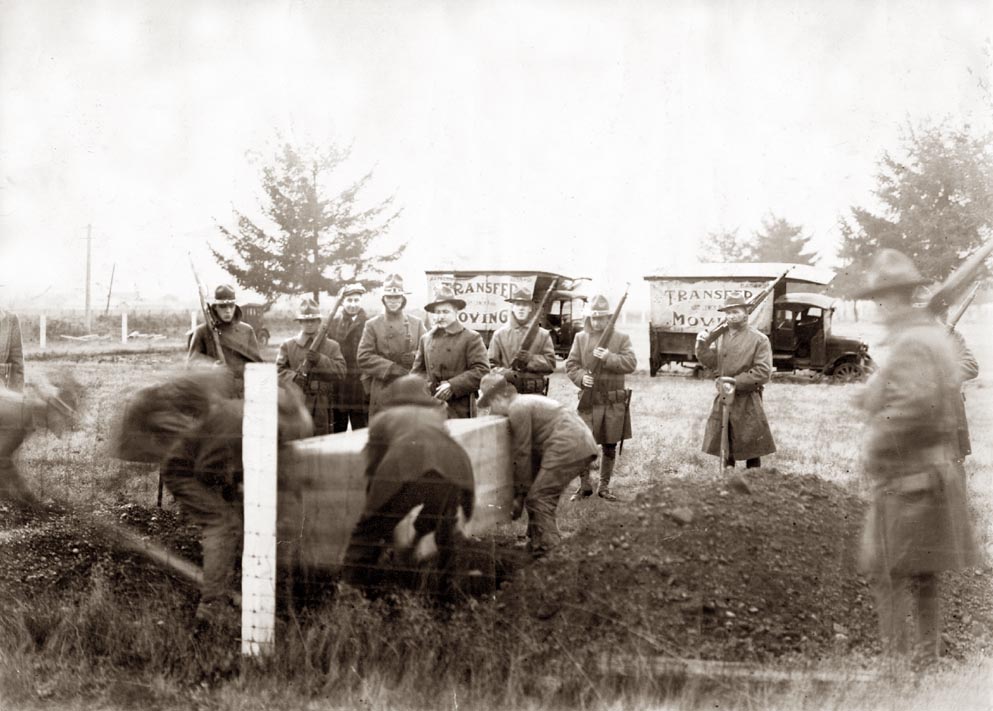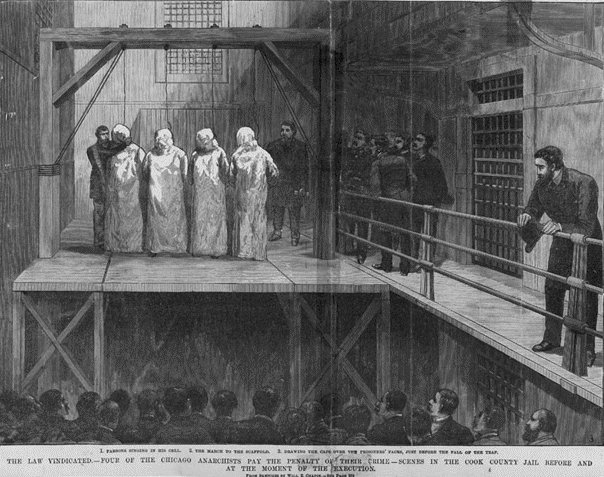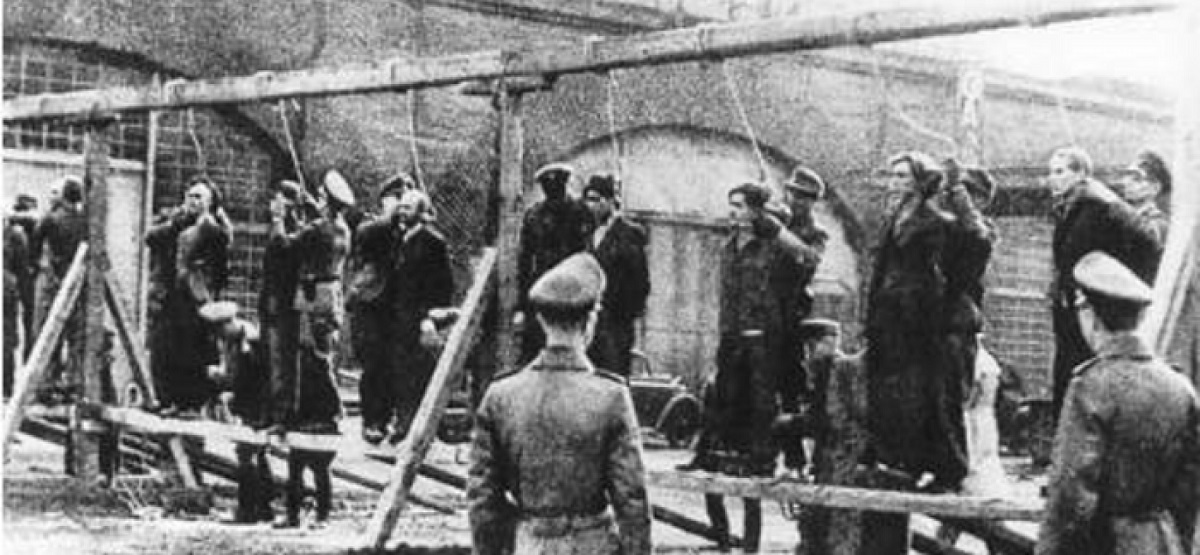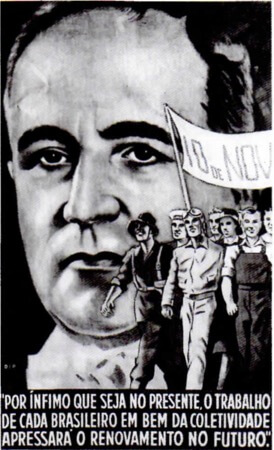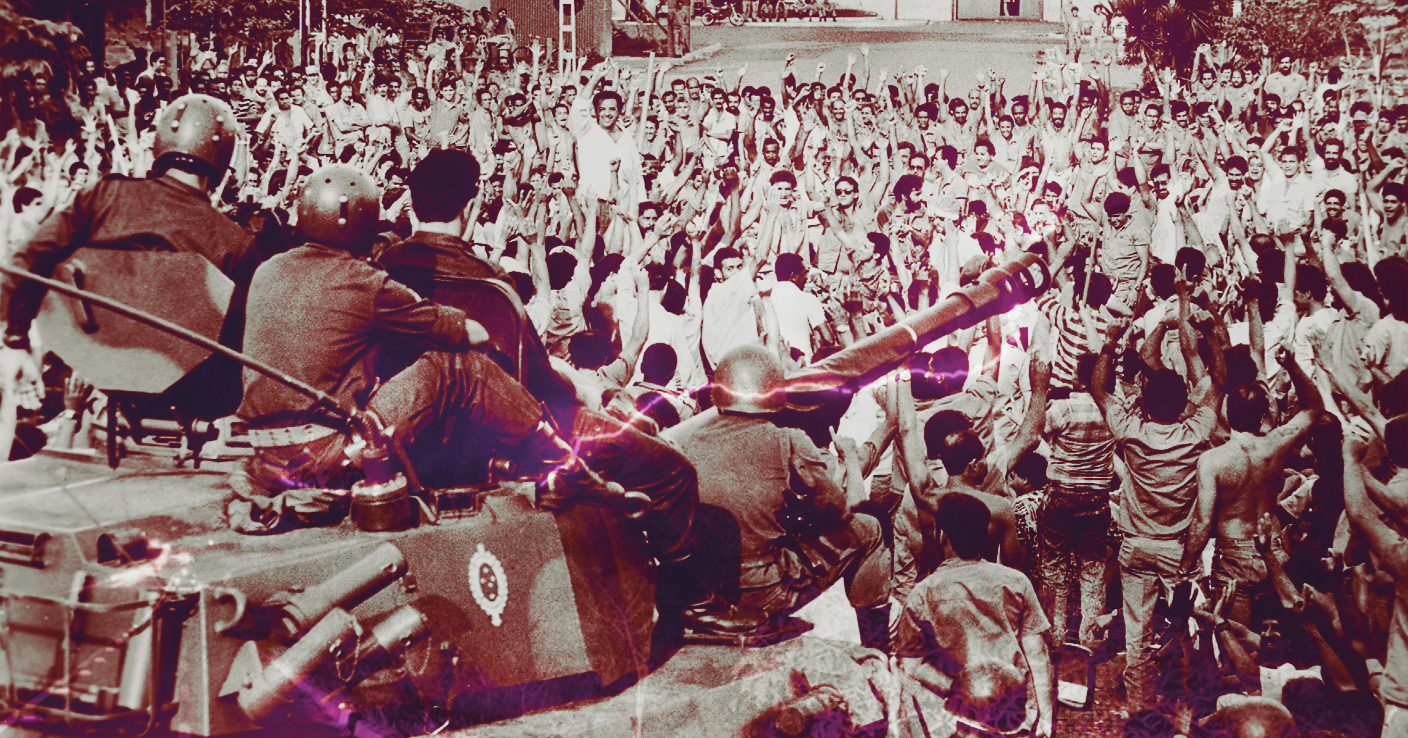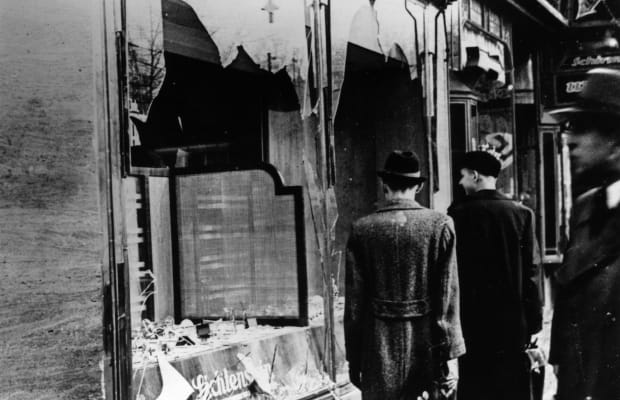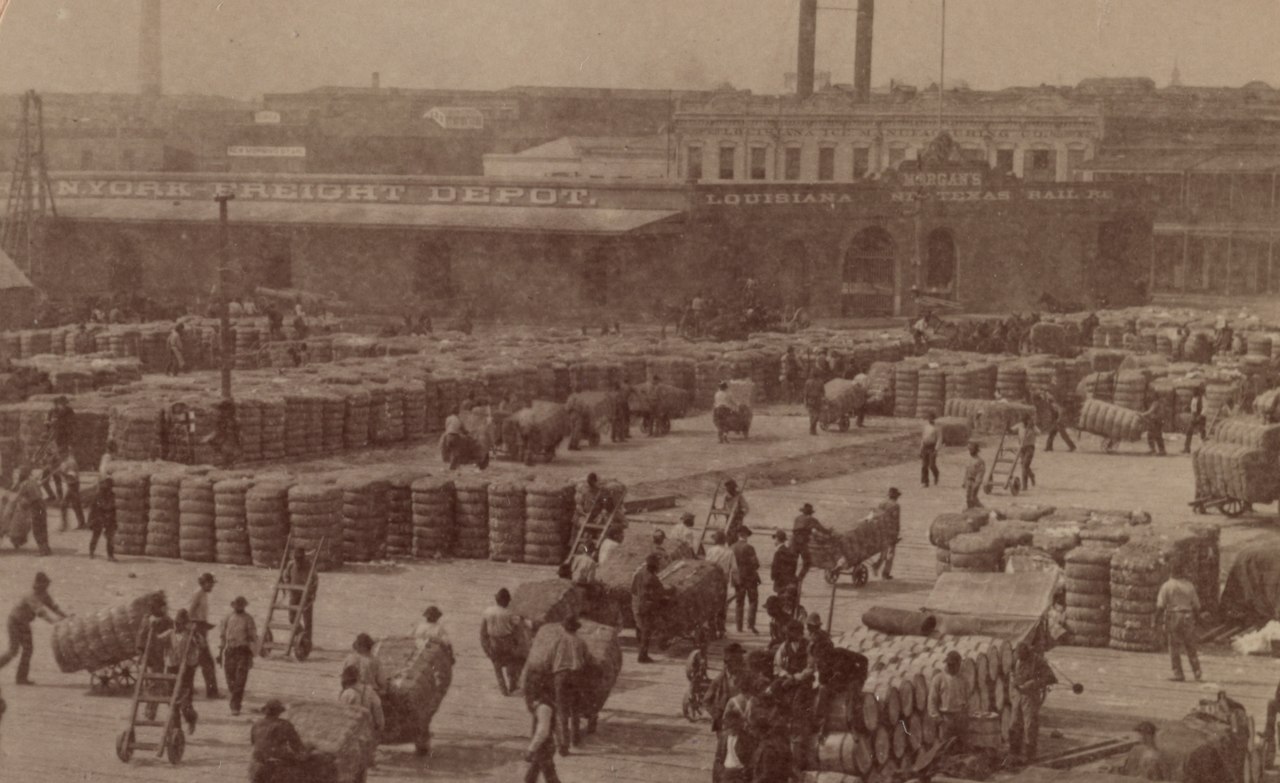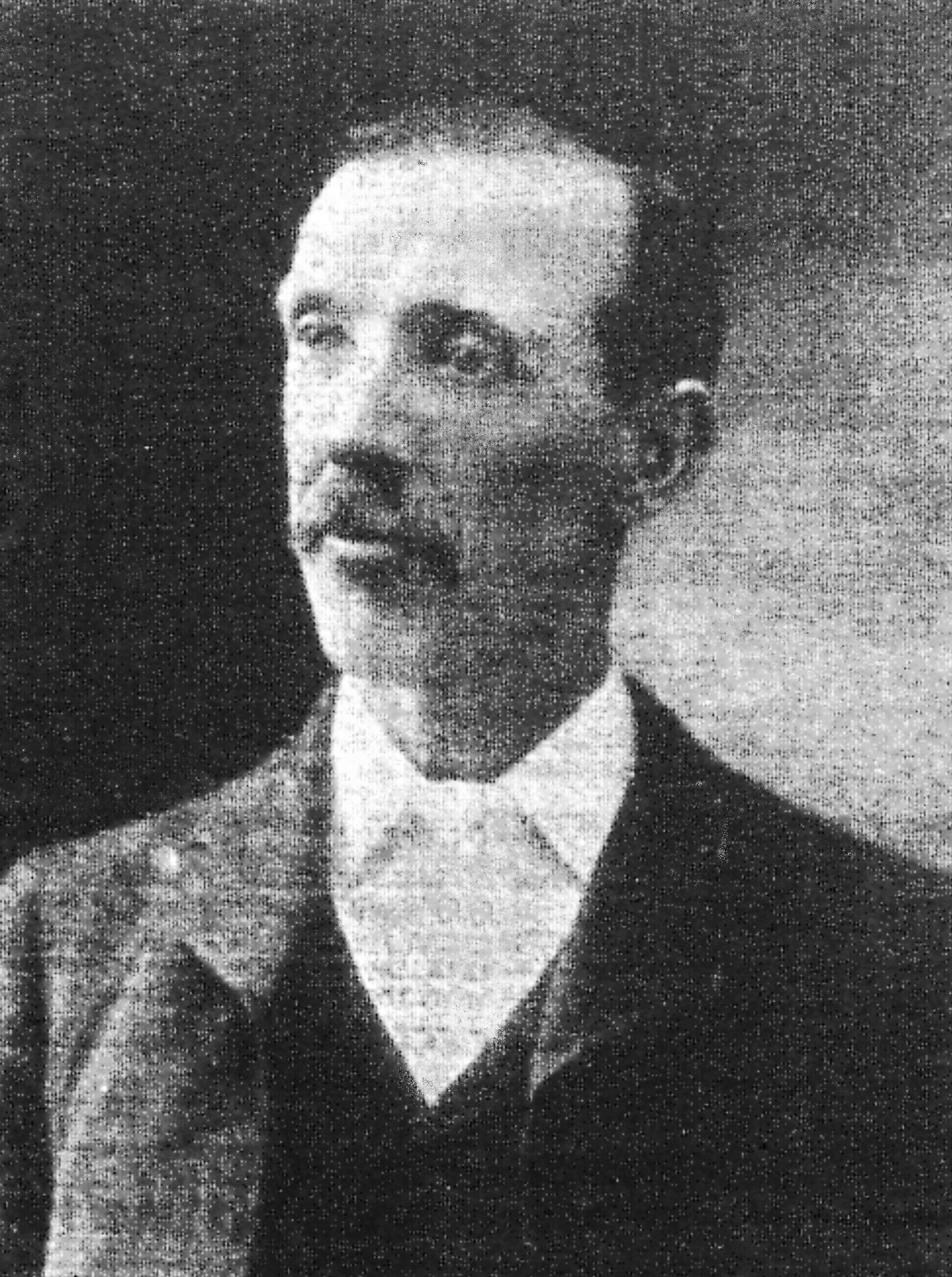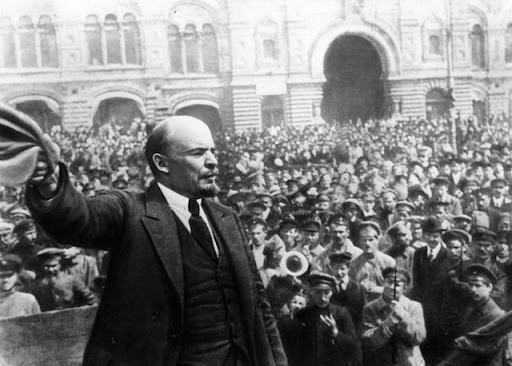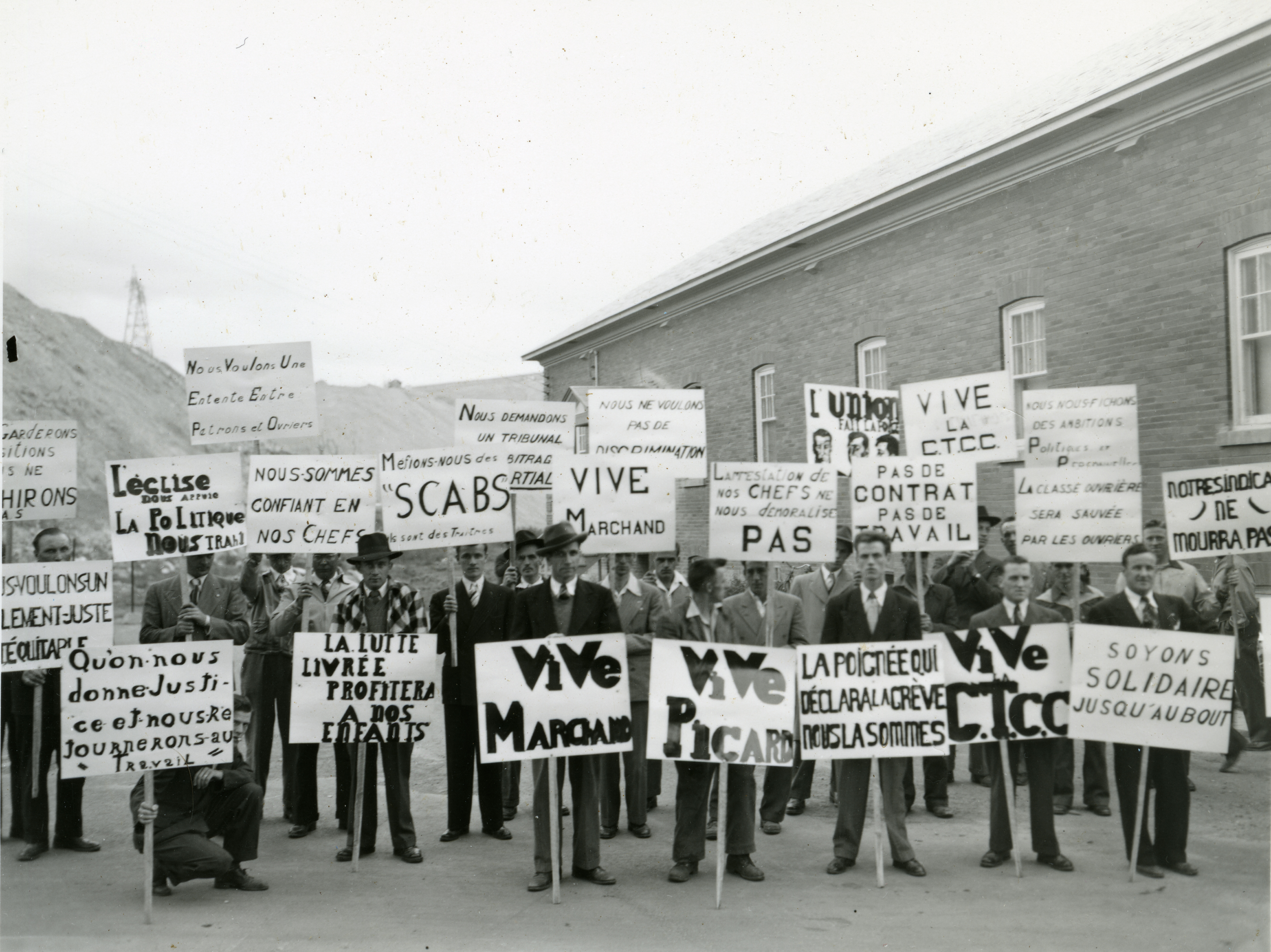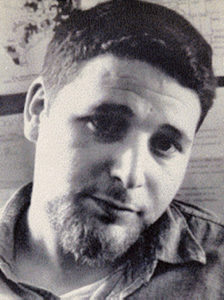Working Class Calendar
977 readers
78 users here now
!workingclasscalendar@lemmy.world is a working class calendar inspired by the now (2023-06-25) closed reddit r/aPeoplesCalendar aPeoplesCalendar.org, where we can post daily events.
Rules
All the requirements of the code of conduct of the instance must be followed.
Community Rules
1. It's against the rules the apology for fascism, racism, chauvinism, imperialism, capitalism, sexism, ableism, ageism, and heterosexism and attitudes according to these isms.
2. The posts should be about past working class events or about the community.
3. Cross-posting is welcomed.
4. Be polite.
5. Any language is welcomed.
founded 1 year ago
MODERATORS
1
2
3
4
5
6
7
8
9
10
11
12
13
14
15
16
17
18
19
20
21
22
23
24
25
view more: next ›

